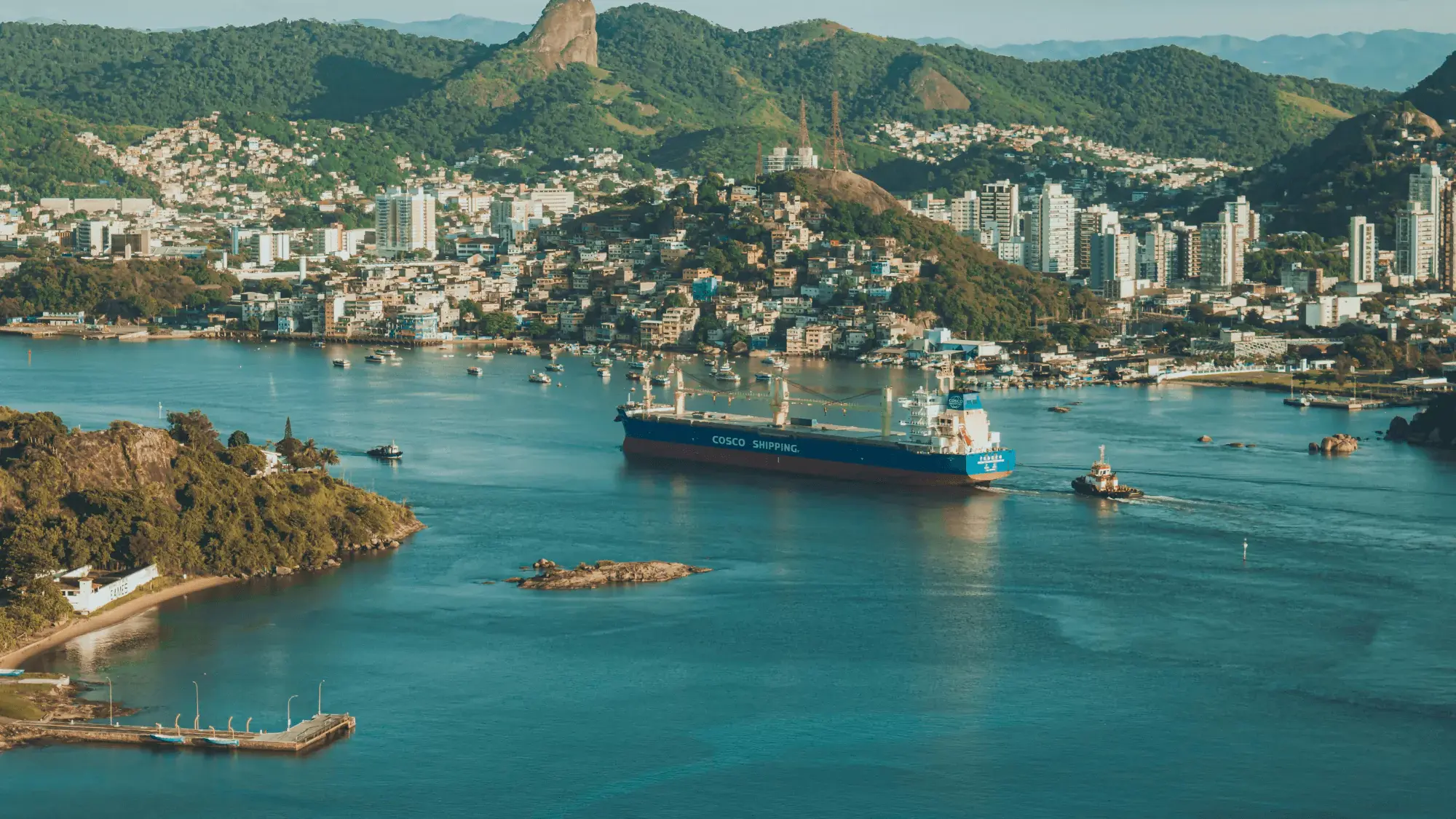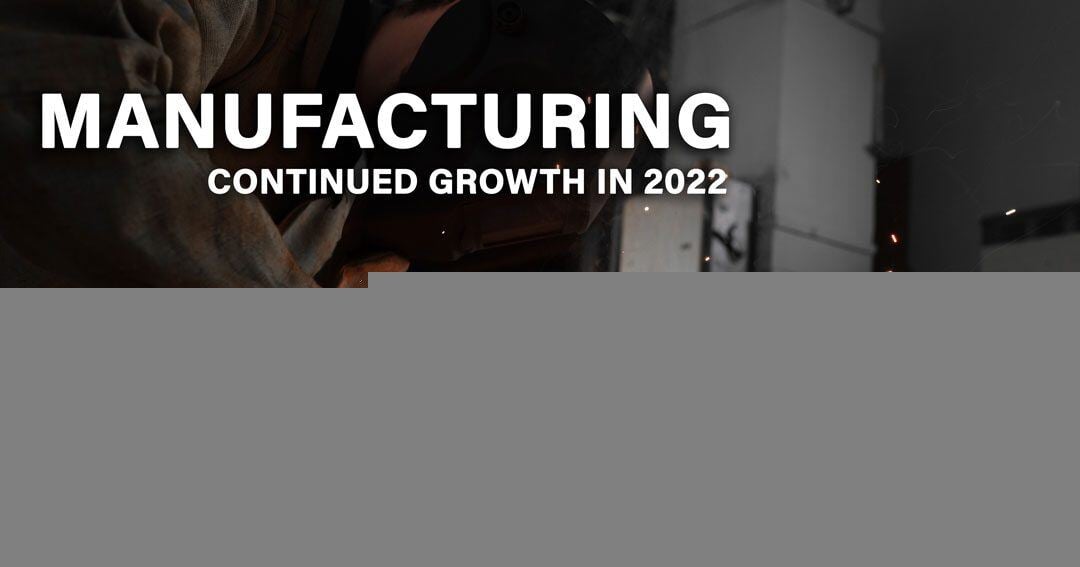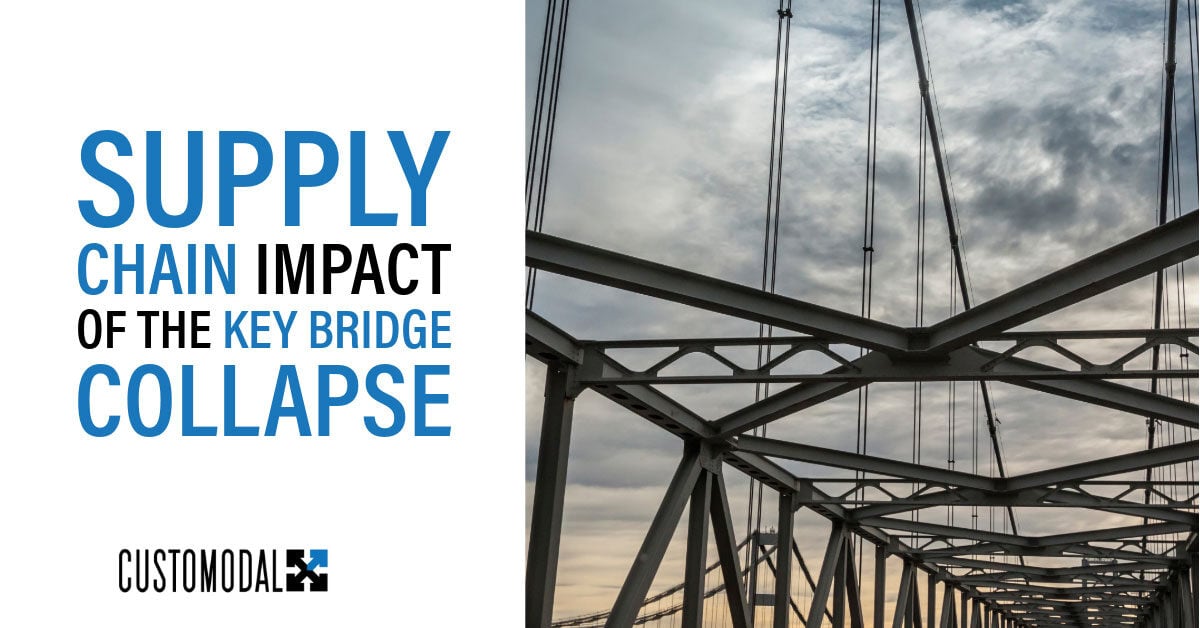
Thinking about taking your Midwestern manufacturing business global? It's a big step, and international shipping comes with its share of hurdles. We're talking complex documentation, ever-changing customs rules, and the real possibility of unexpected delays. Did you know that even a small error in your paperwork could hold up a shipment for weeks, costing you thousands? And with customs varying so much from country to country, the risk of penalties is always there.
So, how do you ensure your products get to those international markets smoothly and without breaking the bank? Often, it comes down to finding the right logistics partner. But what does that even look like, and how do you find someone who gets the specific needs of Midwestern manufacturers? Let's explore how to simplify this complex process.
The Complexities of International Shipping for Manufacturers
Documentation and Compliance
When you're dealing with international shipments, the sheer volume of required documentation can be overwhelming. We're talking commercial invoices, packing lists, certificates of origin, and a whole host of other forms that vary depending on the destination country and the nature of your goods. And here's the kicker: these regulations are constantly changing. Staying on top of these updates is crucial because even a minor error can lead to significant delays. Imagine a shipment held up for weeks due to an incorrect code on a customs form–those costs add up quickly.
Customs Clearance
Then there's the maze of customs clearance. Each country has its own set of rules and procedures, and navigating them can be a real headache. Delays are common, and penalties for non-compliance can be steep. For example, did you know that shipping to China often requires a Certificate of Conformity (COC) and specific import licenses, while shipping to Canada necessitates a detailed Canada Customs Invoice (CCI) and adherence to the North American Free Trade Agreement (NAFTA) rules of origin?
For these precise reasons, studies indicate that a significant percentage of international shipments encounter delays at customs, impacting delivery schedules and increasing costs.
Risk Mitigation
And let's not forget the inherent risks of international transit. Transit times can be unpredictable due to factors like weather, port congestion, and logistical challenges. Cargo damage and loss are also concerns, especially for delicate or high-value goods. Plus, geopolitical instability can throw a wrench into even the best-laid plans. Recent events have demonstrated how quickly shipping lanes can be disrupted, impacting supply chains worldwide.
Cost Volatility and Tariffs
Finally, there's the issue of cost volatility. Shipping costs can fluctuate wildly due to fuel prices, demand, and other market forces. Add to that the complexities of tariffs and trade disputes, and you've got a recipe for uncertainty. And with Incoterms 2025 on the horizon, understanding how these terms impact your risk and cost management is more important than ever. How do you plan to navigate these complexities and keep your global shipping operations running smoothly?
The Importance of a Strategic Logistics Partner
So, with all these potential pitfalls, how do you keep your international shipping on track? That's where a strategic logistics partner comes in.
-
Expertise and Experience: Think of a freight broker and as your guide through the international shipping maze. A provider specializing in manufacturing logistics brings invaluable expertise and experience to the table. They've seen it all, they know the ins and outs of international trade, and they can help you avoid costly mistakes.
-
Customs Brokerage Support: One of the biggest advantages is their customs brokerage support. A skilled partner can streamline the often-daunting customs clearance process, handling the paperwork and ensuring compliance with local regulations. This is especially vital for import logistics services, where delays can ripple through your entire supply chain.
-
Optimal Mode Selection: Then there's the crucial decision of mode selection. Air freight versus ocean freight–which one is right for your shipment? A knowledgeable partner can help you weigh the costs and benefits, considering factors like speed, cargo type, and budget. For example, if you're shipping time-sensitive components or high-value goods, air freight might be the only viable option, despite the higher cost.
-
Incoterms and Risk Management: And let's not forget Incoterms. These international trade terms dictate who's responsible for what during the shipping process, and choosing the right ones can significantly impact your risk and cost exposure. With Incoterms 2025 on the horizon, a logistics partner can provide strategic advice, helping you navigate these changes and minimize potential liabilities.
-
Handling Complex Shipments: Finally, a truly capable logistics provider should have experience handling complex shipments. Think about those challenging destinations–remote Caribbean islands, landlocked Mongolia, or critical imports from China. These scenarios require a deep understanding of international logistics and the ability to adapt to unique circumstances. A partner who's successfully managed these kinds of shipments brings a level of confidence and capability that's invaluable.
Customodal's Global Reach and Local Expertise
So, how does Customodal fit into this picture? We understand that for Midwestern manufacturers, global reach needs to be paired with a solid understanding of local needs. We've built a global network, but we haven't lost sight of the specific challenges and opportunities faced by businesses right here in the Midwest. This blend of international capability and regional expertise is what sets us apart, especially when it comes to export logistics in the Midwest.
We know that one size doesn't fit all. Every manufacturer has unique requirements, and that's why we pride ourselves on delivering tailored solutions. Whether it's coordinating complex international freight shipments or navigating the intricacies of customs clearance, our approach is always customized to your specific needs.
Ultimately, it's about avoiding costly delays and penalties. Partnering with a knowledgeable logistics provider like Customodal means you can minimize the risk of compliance violations and keep your supply chain running smoothly. We streamline the entire process, from assisting with optimal mode selection to coordinating necessary documentation and facilitating customs clearance. We take the burden off your shoulders, allowing you to focus on what you do best--manufacturing.
Global Expansion, Simplified
Navigating the complexities of international shipping doesn't have to be a daunting task. The right logistics partner can transform potential headaches into streamlined operations, ensuring your products reach global markets efficiently and cost-effectively.
For Midwestern manufacturers looking to expand their reach, understanding the nuances of documentation, customs, and risk management is paramount. And with the evolving landscape of international trade, having a partner who's not just knowledgeable but also proactive is crucial. It's about more than just moving goods; it's about strategic planning and informed decision-making.
Ready to simplify your international shipping? Discover how Customodal's tailored solutions and global expertise can support your expansion goals.
Contact us today for a consultation, and let's explore how we can help you navigate the world of international logistics with confidence.




